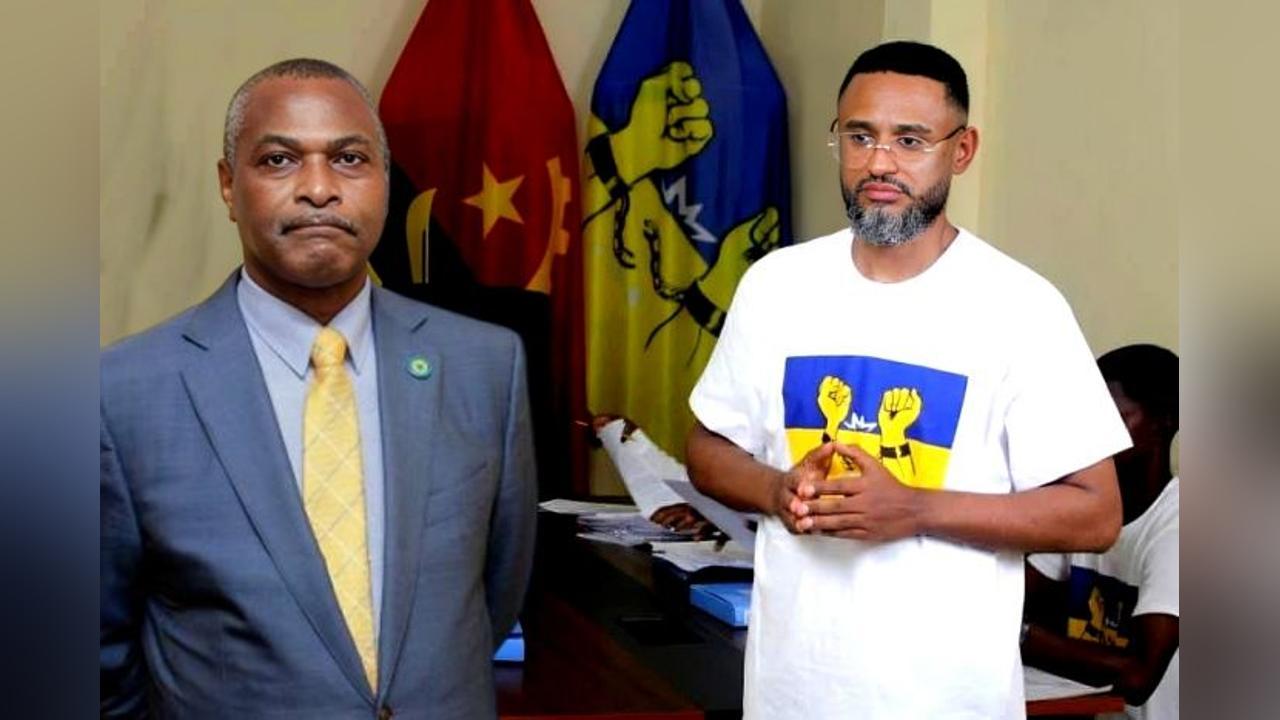Africa-Press – Angola. The Constitutional Court is accused of lacking transparency and impartiality. It apparently facilitates some people in the legalization of political parties. The ‘blessed’ are often extinguished in the first electoral dispute in which they participate, but, on the eve of another process, they create new entities, making the creation of political formations a kind of business.
The ‘sale of faith’ through the creation of churches and the business of forming parties are still attractive, despite the fact that there are no known scientific studies on the matter.
Many of those ‘blessed’ by the Constitutional Court (TC) in the legalization of parties are extinguished after the first or second ‘popular test’ in general elections.
But, to the surprise of a large part of society, there are citizens, including some of the promoters of extinct parties, who easily forge new political formations to the detriment of others. This is where the discord lies, and the Constitutional Court is criticized for its lack of transparency and lack of impartiality.
The ease with which some legalize parties to the detriment of many, whose installation committees are about to expire, constitutes a kind of ‘specialty in creating parties and businesses’.
In fact, the party only needs to be legalized to have access to state funds during election periods.
In 2022, the State allocated funding of around 80 million Kz to each of the competing parties during the pre-campaign.
For the campaign itself, each political party or coalition of political parties competing in the 2022 general elections received one billion kwanzas in public funding.
Some of the parties competing in 2022, such as the FNLA, have pending accounts of their expenses at the Court of Auditors, in addition to alleged scandals of harmful management of campaign money by certain groups, including those that have already been dissolved.
Citizens have the right to create parties
This is the position of legal experts interviewed by NJ. Carlos Cabaça, for example, believes that any citizen has the right to create a political party, as long as they meet the necessary requirements provided for by law.
Using article 55 of the Constitution, Guilherme Neves, another jurist, understands that the creation of political associations and political parties is free.
Salvador Freire, also a jurist, says that, in a plural society, it is necessary for political parties to emerge, in order to allow citizens to choose the political parties of their ‘heart’, as well as to confront the party in power, the MPLA.
The opinion is also corroborated by jurist Albano Pedro, according to whom the easy creation of parties corresponds to the principle of multi-party democracy.
He highlights that the ideal is for parties to be easy to legalize, having cited the example of 1992, the year in which the country, for the first time in Angolan constitutionalism, adopted multi-party democracy.
A sensitive and controversial topic
If legal experts have agreed on the legal necessity of the emergence of political parties without constraints, the same cannot be said of the criteria adopted for legalization by the TC, since there are double standards in this regard.
Carlos Cabaça raises many doubts about the objectives of creating parties because some with parliamentary representation are not even present in 5 of the 21 provinces, which, in his opinion, leads to an in-depth analysis of the seriousness of their founding.
This position was refuted by Guilherme Neves. The lawyer lists a set of factors behind the emergence of parties, such as, for example, economic, personal and group interests, and the lack of representation of certain social groups in the country’s traditional political parties, the MPLA and UNITA.
In part, Salvador Freire shares Guilherme Neves’ perspective, but he believes that the founding of these parties often encourages division and the dispersion of votes, in addition to the fact that some make a business out of it, as is the case with some promoters of extinct political groups, as they do not reach 0.5% of the votes in a given election.
In his view, it is clear that the objective is to obtain fortunes from the State during the electoral campaign phase, as it is during these periods that the ‘small parties’ emerge, he said, paraphrasing the founding leader of UNITA, Jonas Savimbi.
On this subject, Albano Pedro considers it abnormal that some citizens have the ease of legalizing parties to the detriment of others.
Many of those ‘blessed’ by the TC in the legalization of parties are extinguished after the first ‘popular test’ in general elections.
For More News And Analysis About Angola Follow Africa-Press






